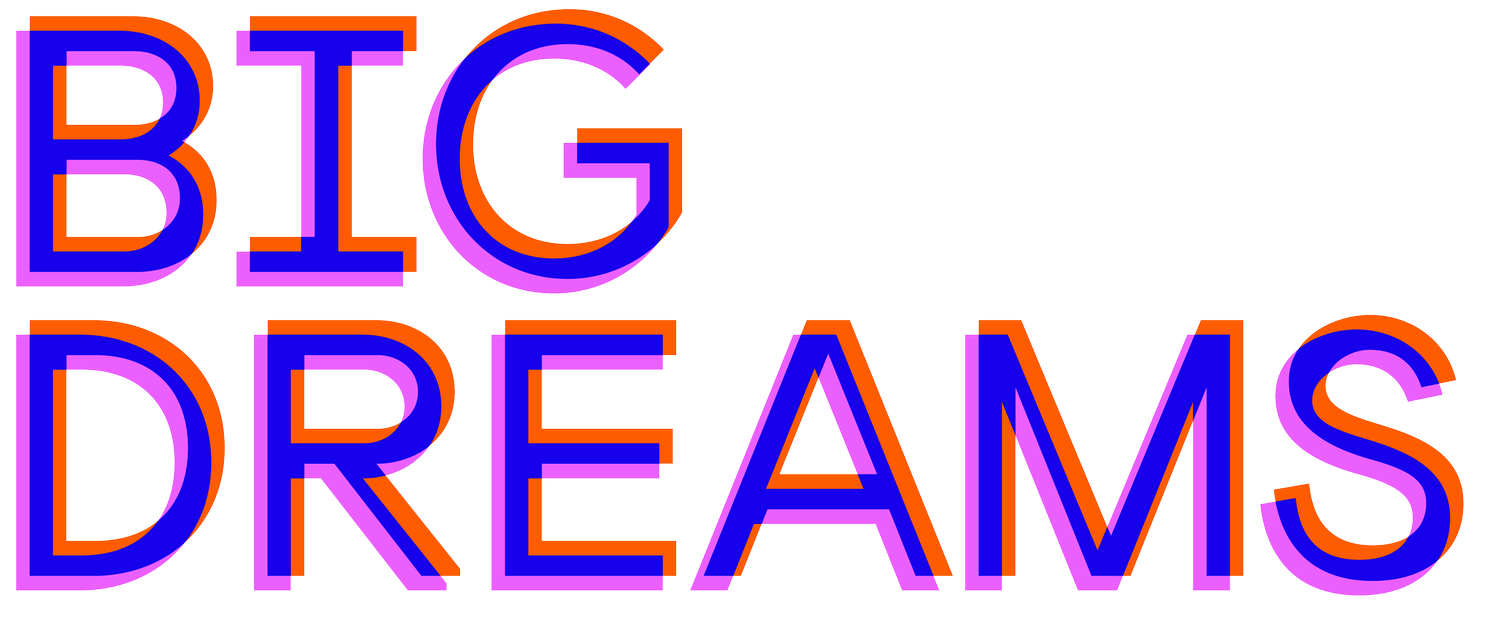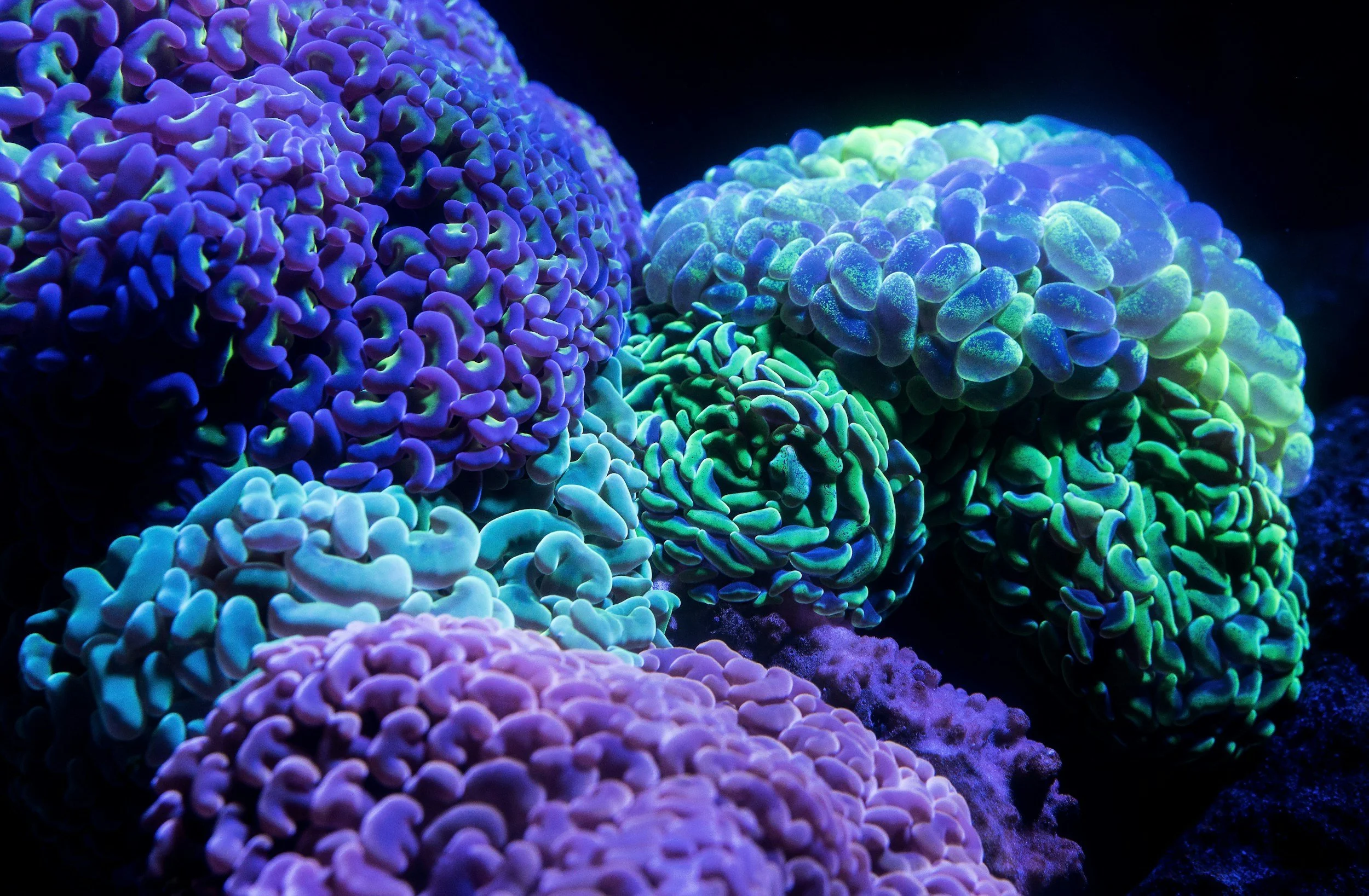Imagining Ocean Futures
What if the oceans weren’t about borders, but about a vital, interconnected system that supports all life on our planet?
View the Ocean Futures Toolkit
The Ocean Futures Toolkit is a strategic foresight and systems design framework to help organizations plan for long-term change in marine and coastal systems. The toolkit equips research teams, public agencies, startups, and educators with the tools to map trends, forecast scenarios, and design meaningful pathways forward. Built on the STEEP framework (Social, Technological, Environmental, Economic, and Political), the toolkit combines futures thinking with place-based knowledge, stakeholder input, and speculative storytelling to generate insights that are both visionary and actionable.
Scenarios (possible futures, workshop design)
Drivers (long-term, constants and impact)
Trends (near-term, emerging changes)
This includes workshop templates, trend and driver card decks, scenario-building guides, and alignment tools for co-creating strategy across sectors. The toolkit is designed for flexible use— speculating the future of aquaculture, prototyping ocean monitoring mental models, or planning for climate literacy through schools and museums. While the toolkit was born out of local and regional coastal challenges and opportunities, its structure allows it to be scaled to marine ecosystems and coastal communities around the world. By connecting localized insight with global foresight, it supports informed, creative, and collaborative decision-making in an era of climate uncertainty.
Goals of designing a toolkit
The toolkit supports a vital mission: to equip local and global stakeholders with the tools to align across sectors, anticipate disruption, and co-create resilient ocean futures. It helps organizations develop long-term strategic frameworks that guide innovation, policy, and investment—particularly in climate adaptation, coastal resilience, education, and blue technology. This means supporting goals like strengthening public-private partnerships in the marine sector, informing offshore wind planning, and integrating futures thinking into local schools and universities.
It also enables scenario-building around key global challenges, such as sea-level rise, fisheries collapse, or shifts in ocean governance. Its participatory structure helps stakeholders—from executives and leaders to entrepreneurs and educators—identify shared values and build consensus around action. This ocean futures toolkit aims to be an inclusive platform for strategic foresight and systems change. Our vision is to help New England pave the way in ocean futures innovation, exporting methodologies and insights that can guide coastal communities around the world. At its core, this work is about empowering people—not only to imagine what’s next, but to build it, together.
See also our case study for Possibility Ocean, a summit that explores data and ocean observation in the blue-tech industry.
Team: Arvind Bhallamudi, Jack Lenk, Nick Scappaticci
Research collaborators: Zoe Lee, Annie Chen, Alyssa Bishop, Diana Sanchez, Laila Aukee, Jae Yoon Myung, Liam Van Vleet



